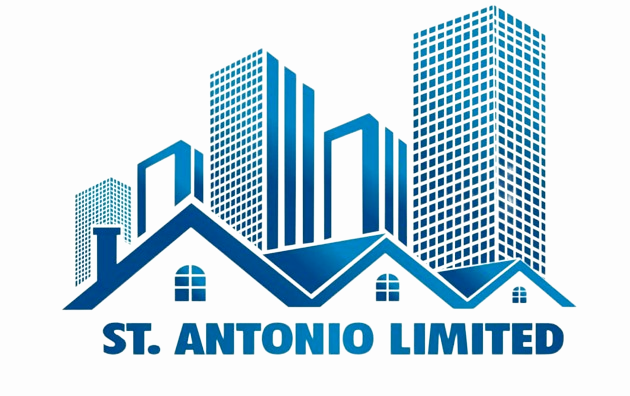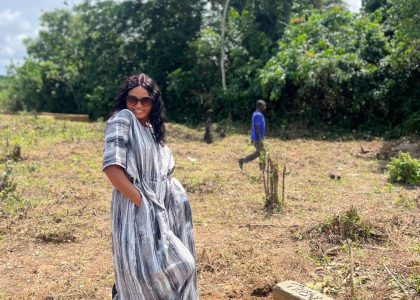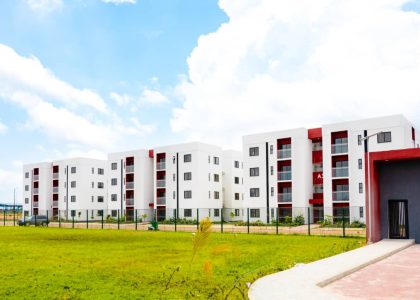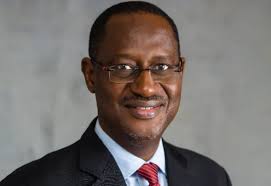Owning a home is one of the most significant milestones for young Nigerian professionals, especially those living abroad or establishing themselves in their careers. While the dream is exciting, the reality of financing a house can be challenging. This is where mortgage banks come in, offering a bridge between your dreams and reality. Before diving into securing the best deals, it’s essential to understand the fundamentals of mortgages, how the system works in Nigeria, and how to position yourself for success.
Understanding the Importance of Mortgages
A mortgage is a loan specifically for buying property, and it allows individuals to purchase a home without needing to pay the full price upfront. Instead, you borrow a significant portion of the cost from a bank or financial institution and repay it over time with interest. In Nigeria, mortgage loans often span 15 to 30 years, allowing young professionals to spread out payments.
Mortgages are crucial because they make homeownership achievable, even for those without large savings. They also offer a structured pathway for financial planning, allowing young Nigerians to build wealth through real estate without overwhelming their immediate budgets.
SEE ALSO: Mortgage: Things You Should Know
Types of Mortgage Banks in Nigeria
There are two primary types of financial institutions that offer mortgage loans in Nigeria:
Primary Mortgage Institutions (PMIs)
PMIs specialize in providing home loans. These institutions gather deposits from individuals and companies to fund mortgages. PMIs can either have a national or regional (state-level) license:
National PMBs can operate anywhere in the country.
State PMBs are limited to operating within specific states or regions. Examples include Lagos Building and Investment and Jigawa Savings and Loans.
Commercial Banks
Some commercial banks in Nigeria, such as Union Bank and UBA, also offer mortgage products. While their primary focus is broader banking services, many provide competitive mortgage deals alongside their regular offerings. This creates more options for potential homebuyers.
Choosing a Mortgage Bank
Once you understand the types of mortgage banks available, the next step is choosing the right one.
Here’s how to go about it:
Interest Rates: Compare the rates offered by various banks. A small difference in interest rates can lead to significant savings over the loan term.
Loan Terms: Look at the duration of the loan and whether the bank offers fixed or adjustable rates. Longer terms with reasonable interest rates may suit young professionals.
Customer Service: Choose a bank with a good reputation for customer service. The process can be long, so having responsive and supportive customer service is key.
Special Programs for Diaspora Nigerians: Some banks have special mortgage products tailored to Nigerians living abroad, so be sure to ask about these.
See also The Legal Rights of the Lagos Tenant
Companies Providing Mortgages in Nigeria
Several prominent mortgage banks are active in Nigeria, each offering various services to facilitate homeownership.
For instance, Abbey Mortgage Bank Plc provides a range of mortgage loans tailored to middle-income earners.
Infinity Trust Mortgage Bank Plc focuses on affordable housing solutions and provides mortgages accessible to many Nigerians.
FirstTrust Mortgage Bank Plc works closely with individuals and cooperatives to offer tailored mortgage solutions, while Platinum Mortgage Bank Limited specializes in large-scale affordable housing projects.
Lastly, Federal Mortgage Bank of Nigeria (FMBN) plays a significant role as a national institution, mainly through the National Housing Fund (NHF), supporting mortgages with reduced interest rates for eligible Nigerians.
ALSO SEE: Everything you need to know about getting a mortgage
Average Mortgage Interest Rates:
Mortgage rates in Nigeria vary by lender and loan type but are generally influenced by the Central Bank’s policies and economic conditions. As of recent data, interest rates on mortgages typically range between 6% and 25% annually, with FMBN loans through the NHF offering lower rates around 6%. Private mortgage banks often charge higher rates due to operational costs and lending risks, with most private mortgage rates landing around 15%–25%.
Government Initiatives for Mortgages
The Nigerian government has several initiatives to boost mortgage accessibility, primarily through FMBN. The National Housing Fund (NHF) scheme allows employees in the formal sector to contribute a small percentage of their income, making them eligible for loans at lower interest rates.
See also Top 5 Mortgage Institutions in Nigeria [2024]
Additionally, the government is working with private financial institutions to enhance financing options and encourage more affordable housing projects for lower-income earners.
Requirements for Mortgage Loans in Nigeria
To qualify for a mortgage, you must meet certain criteria.
Here’s a breakdown of common requirements across most Nigerian banks:
Minimum Age: Applicants must be at least 21 years old, and most banks require that you should not exceed 60 years by the time the loan matures.
Income Stability: Banks will assess your employment history and financial stability. Most require you to have been employed for at least two years with a steady income.
Credit History: A clean credit history is crucial, as banks need to be sure you can handle debt responsibly.
Down Payment: Typically, banks require 10-30% of the property’s value as a down payment.
Collateral or Guarantor: Some institutions may ask for collateral or a guarantor to reduce the risk to the lender.
ALSO READ: How to Own Properties through Mortgage in Nigeria (updated)
Documentation for Mortgage Application
Here’s what you’ll typically need to provide when applying for a mortgage in Nigeria:
– Completed mortgage application form
– Proof of identity: Valid ID card or international passport
– Proof of income: Payslips, tax returns, or bank statements
– Employment verification letter
– Property documents: Including title documents and valuation report
– Bank statements: Typically covering 6 months or more
Once you have these documents in place, the application process becomes smoother.
SEE ALSO: Top 5 Mortgage Institutions in Nigeria [2024]
Steps to Secure the Best Mortgage Deal
Now that you have a solid understanding of how mortgages work and what’s required, here are practical tips to ensure you get the best deal as a young professional or a Nigerian living abroad:
Improve Your Credit Score
A good credit score signals to banks that you’re responsible with money. If you’re applying for a mortgage in Nigeria, it’s worth cleaning up your credit history both at home and abroad. Paying off loans and minimizing debt can increase your chances of getting better interest rates.
See also Cost of Building Materials in Nigeria – 2024 (Updated)
Research Multiple Lenders
Don’t just settle for one bank. Visit websites or contact both PMIs and commercial banks to compare interest rates, loan terms, and fees. You might be surprised by the differences in what each bank offers.
Negotiate Your Terms
Don’t be shy about negotiating. If you have a good credit score or are willing to make a larger down payment, you can ask for lower interest rates or more flexible terms. Sometimes, banks are willing to adjust their rates for serious customers.
Save for a Higher Down Payment
The more you can pay upfront, the less you’ll need to borrow. A larger down payment reduces your loan principal, which could lead to better interest rates. For young professionals, this could mean saving aggressively for a few years before applying.
Get Pre-Qualified
Before house hunting, get pre-qualified for a mortgage. Pre-qualification helps you understand how much you can afford and shows sellers that you’re a serious buyer. This also gives you a clear idea of what banks are willing to offer.
Consider Fixed vs. Adjustable Rates
Depending on your long-term plans, you might prefer one type of interest rate over another. Fixed-rate mortgages offer stability and predictable payments, while adjustable-rate mortgages could start low and increase over time. Weigh your options based on how long you intend to own the property.
Use a Mortgage Broker
If you’re unfamiliar with the mortgage process, consider hiring a broker. They can guide you through the process, ensure all documentation is in place, and help you negotiate the best rates. A broker could also connect you with lenders that offer special deals for Nigerians abroad.
Conclusion
Securing a mortgage doesn’t have to be overwhelming, especially for young professionals and Nigerians in the diaspora. With the right preparation, research, and negotiation, you can land a mortgage deal that works for you. Remember, homeownership is a long-term investment, so take your time, understand your options, and seek expert advice when needed.







